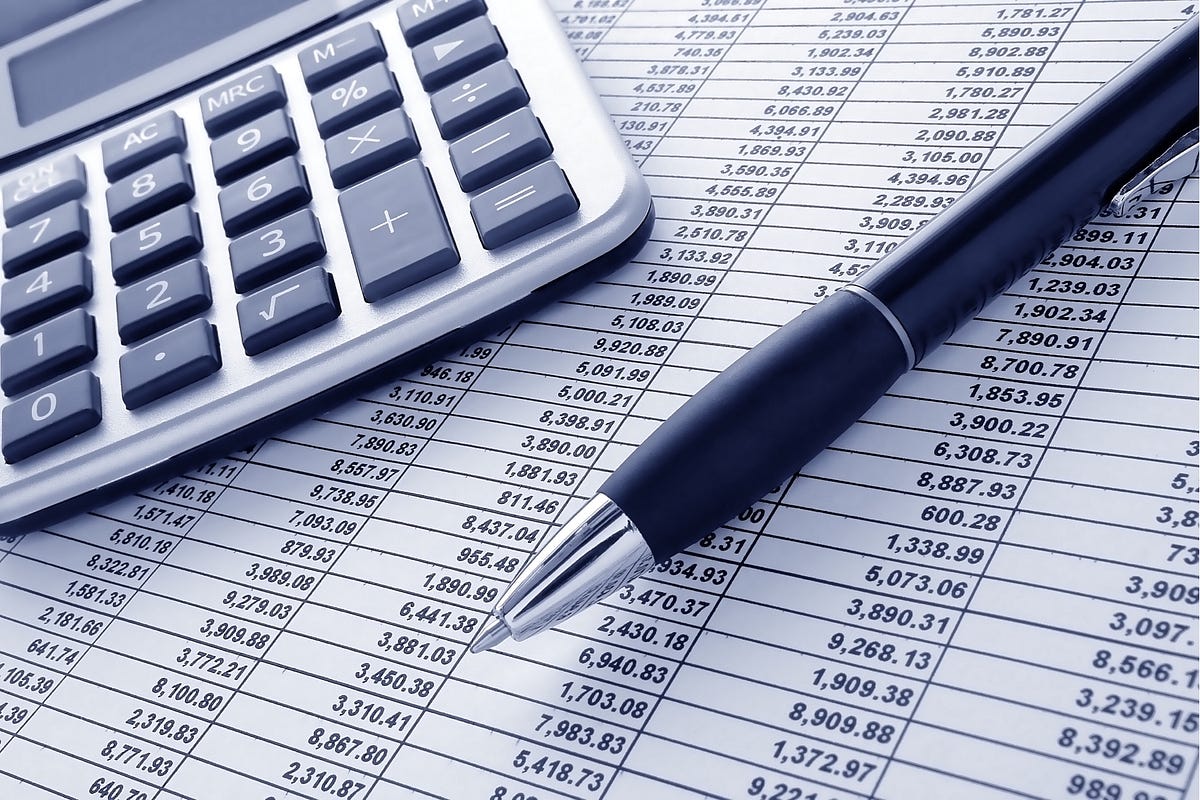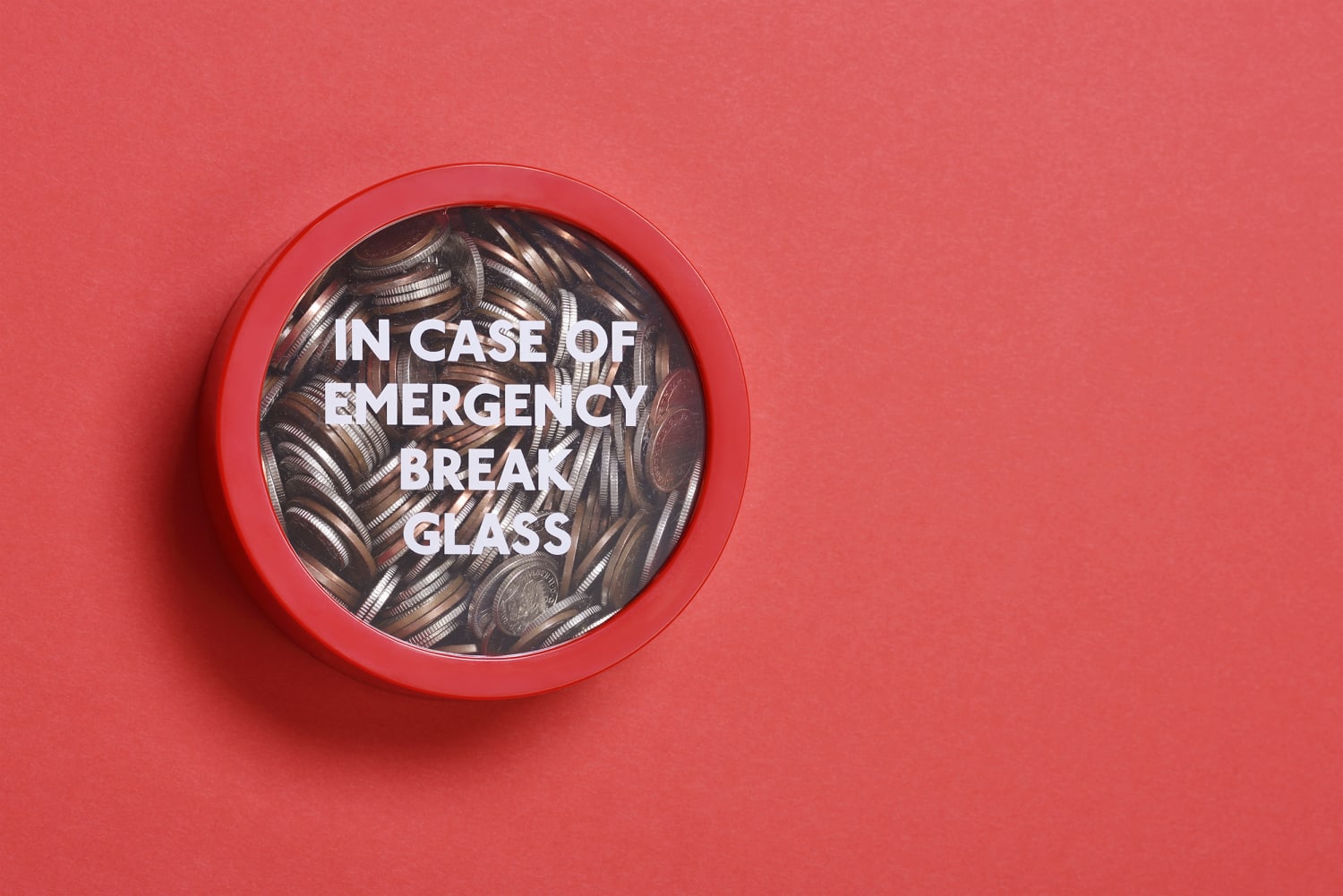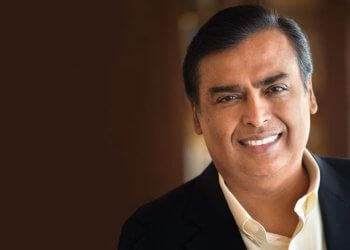As much as we would like to be financially independent and not think about the amount of money, many of us live from paycheck to paycheck. The peculiarity is that not only people who earn thousands of dollars every month should be economically astute. Any of us can and should. Feeling hopeful that your salary will last until the end of the month is often tiring and incredibly stressful, so why not try a new method of managing your finances? In this article, we have collected the most helpful tips for you.
1 What Budget Do I Want To Concentrate On This Year?

Every year, it’s critical to put aside a certain period to sit down and ask yourself some financial questions that will help you define your financial goals for the year. January is in general, the best month because it corresponds with the beginning of the year’s IRS tax. Take out a notebook and answer the question, “What type of budget will I work with this year?” Do your best to make every effort to be exact, calculating how much you’ll need for each expense that year to create a budget.
2 Am I Spending My Money On Things That Are Important For Me?
13 { width: 728px; height: 90px; margin:5px auto; display: block; background:url('/images/DESKTOP/728*90/bit555_728_90_2.jpg') 100% 100%;} @media(max-width: 544px) { .adsslotcustom13 { width: 320px; height: 100px !important; background:url('/images/Mobile/320*100/bit555_320_100_2.jpg') 100% 100%;} .adsslotcustom13 ins { width: 320px !important; height: 100px !important; } } @media(min-width: 544px) { .adsslotcustom13 { width: 728px !important; height: 90px !important; } .adsslotcustom13 ins { width: 728px !important; height: 90px !important; background:url('/images/DESKTOP/728*90/bit555_728_90_2.jpg') 100% 100%;} }Scrutinize your budget and consider if your spending patterns reflect your principles (and whether those values are compatible with financial security). If not, consider what you can modify to make your budget better correspond with your savings objectives, deals, and overall financial strategy.
3 Do I Have Extreme Debt?

Debt may quickly spin out of control, far faster than you would think (It takes just one small credit purchase to push you beyond what you can afford). If you’re already in debt, consider this: would an emergency bill paid for using credit — say, R6000 to replace a geyser — put you in a position where you couldn’t keep up with the repayments? If the answer is yes, you should pay off part of your debt as soon as feasible.
4 What are my long-term financial objectives for this year?
Setting a long-term financial goal for the year, as daunting as it may sound, is crucial. Keep in mind, however, that this goal should be sensible and take into consideration both your existing spending and your projected income. Begin by identifying your excellent annual expenses, and if that seems too daunting, begin by listing your weekly spending. These include taxes, insurance premiums, retirement, and college fund contributions. It is critical to plan ahead of time for these unforeseen costs.
5 Should I hire a financial planner? How can I locate one that is perfect for me and won’t break the bank?

Financial planners do a variety of tasks, but their primary role is to help you examine your financial objectives and then reverse engineer a game plan that keeps you on track in the most cost-effective and tax-efficient way possible. Some people believe they have done everything correctly and seek the advice of a financial planner just for a second opinion from an experienced expert.
Some people are fine figuring things out independently, while others believe they would benefit from a guided dialogue. When you’re in a relationship, a professional financial planner may also function as a mediator and give that neutral outside view that your partner occasionally needs to hear from someone else.
6 Do I have enough money for an emergency fund? How much should I retain in that fund?

Unlike most financial advisors, Stash Wealth thinks that your emergency fund should be no more than three months’ worth of fixed spending (rent, bills, etc.). Most personal finance gurus say about six to twelve months, but we think that’s ridiculous for four reasons:
Your emergency fund is designed to be your first line of protection, not your sole line of defense.
Millennials are hustlers. If something terrible happens, we’re at a point in our professions where we can rapidly reset our finances.
We have a lot of other financial considerations. Waiting until we’ve saved up six months’ worth of cash has cost us valuable time that may have been better spent helping us attain other financial goals.
That’s a lot of money sitting in cash. As lovely as online banks are (and we recommend you maintain your emergency fund there), your cash is theoretically losing value every year due to inflation. Millennials expect their money to work harder for them.
7 Where did my money go last week, and how should I adapt for this week?
Take 20 minutes to go over your bank and credit card transactions. Did you remain inside your spending limits (budget) last week?
For example, when I reviewed my expenditures last week, I noticed that I overspent on gifts and splurged for a friend’s birthday, which threw off my budget. I’ll bring my lunch this week to save money on food.
8 Where Do I Wish To Be In Five Years?

Having specific financial objectives might help you remain on track. If you don’t already have some, take some time as soon as possible to create some SMART objectives (Specific, Measurable, Achievable, Relevant, and Time-bound). Then, determine what measures you can take to begin achieving those goals while also recognizing and planning for potential hurdles.






